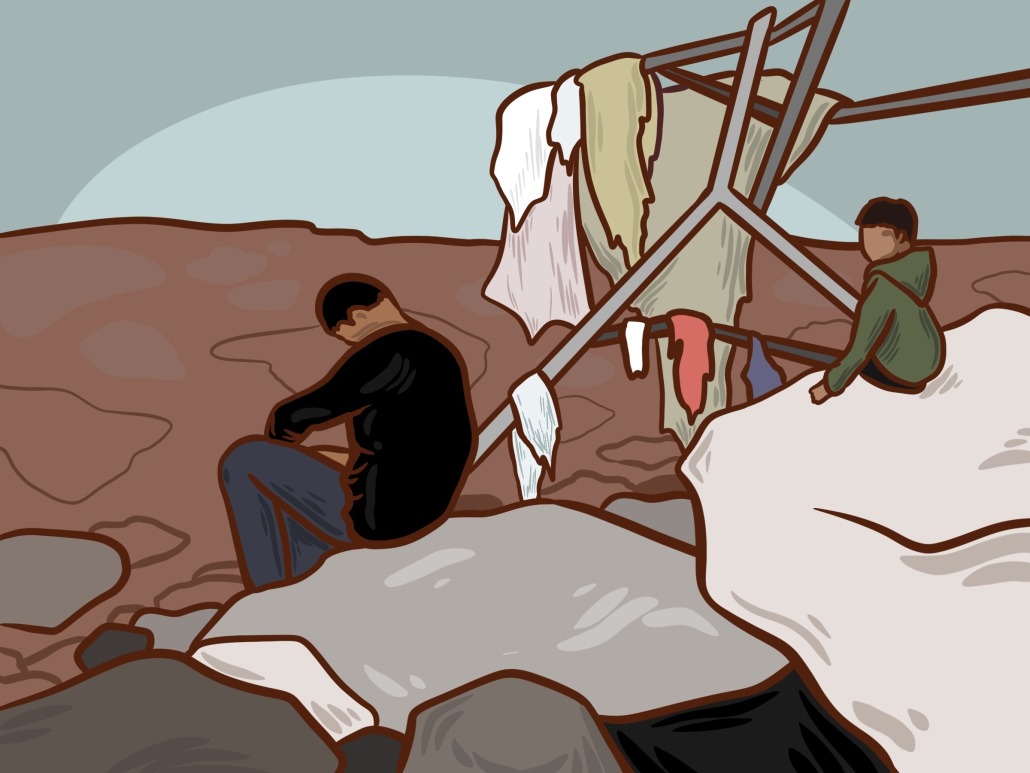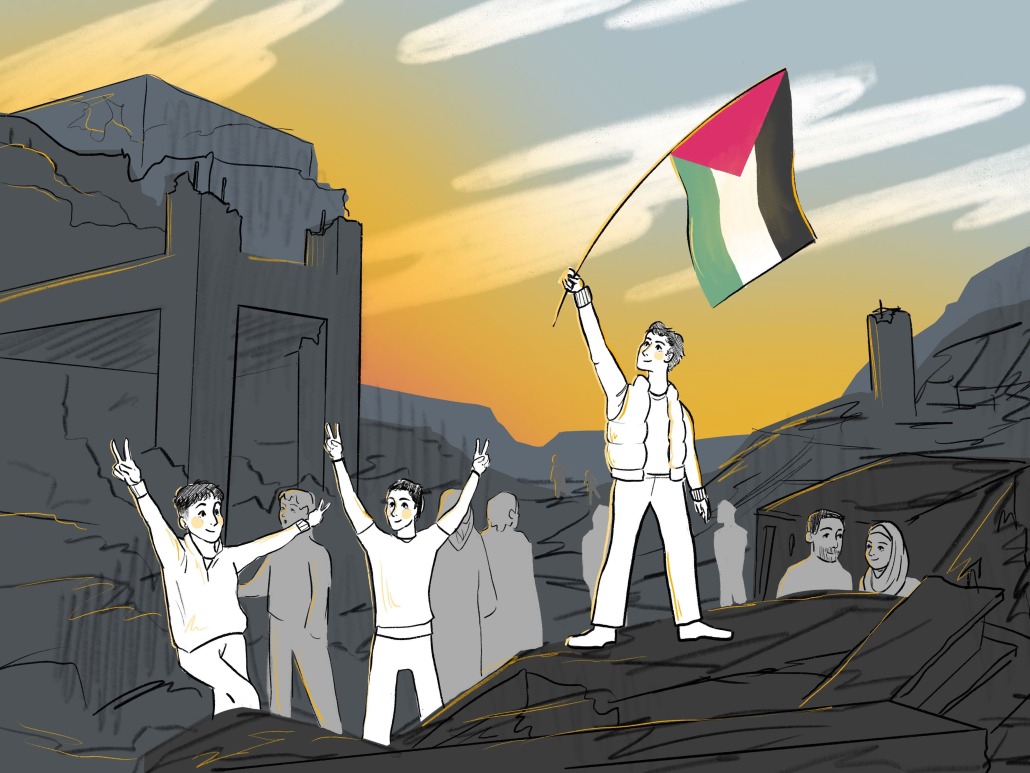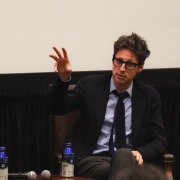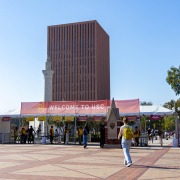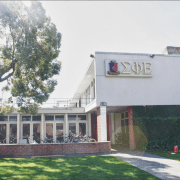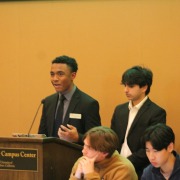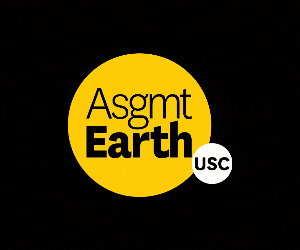Language matters: all Palestinians are hostages under apartheid
Post-ceasefire deal, Western media coverage highlights anti-Palestinian biases.
By HARLOW RAYE
(Jiwoo Kim / Daily Trojan)
On Jan. 19, 2025, Israel and Hamas signed a ceasefire agreement. This followed 15 months of genocide — in which more than 47,000 Palestinians were murdered, a population of more than 2 million people were starved and a great humanitarian crisis was deliberately created. From the deal going into effect, the Palestinian population of Gaza earned 42 days of rest from indiscriminate bombing.
Moreover, they finally received humanitarian aid and got to return to their now-demolished homes. Israel agreed to release almost 2,000 Palestinian captives, while Hamas agreed to release 33 Israelis captured in October 2023.
The ceasefire has received much coverage in Western media. Unfortunately, the language often used to describe Israeli and Palestinian captives is inaccurate and biased.
Daily headlines, sent straight to your inbox.
Subscribe to our newsletter to keep up with the latest at and around USC.
(Bella Hoffman / Daily Trojan)
Israeli captives are often referred to as “hostages,” while Palestinian captives are frequently introduced as “prisoners.” Nonetheless, Palestinian “prisoners” are hostages too. In fact, I would argue that all Palestinians are hostages under the Israeli apartheid regime and military occupation.
“Prisoner” is a dehumanizing term that portrays Palestinians as less innocent under the assumption that they were taken for good reason, to be held until due process decides their fate through legal channels. This portrayal is an inaccurate representation of Israel’s treatment of Palestinians. Falsely equating an apartheid regime with a democratic society is delusional and misleading.
Mass incarceration and ethnic profiling are part of Israel’s apartheid policies. According to the United Nations, Israel has imprisoned 800,000 Palestinians, including children as young as 12, since 1967. Approximately 3,300 Palestinians are currently held by Israel without charge or trial, which is considered unlawful under international law. Being taken by an occupying military and put into jail without trial is equivalent to being held hostage.
“Hostage” connotes an innocent person who may be harmed or executed at any moment for no reason. This is the exact case for many Palestinians held by Israel.
For example, in July 2024, a video of a Palestinian being gang raped by nine Israeli soldiers in the Sde Teiman detainee camp went viral. According to B’Tselem, an Israeli information center for human rights in occupied territories, Israel’s prison systems would be more accurately defined as torture camps in which food deprivation, denial of medical treatment, and physical, psychological and sexual abuses are the norm.
In June 2024, the UN Independent International Commission of Inquiry published a report in which they concluded that sexual assaults are likely part of the Israeli military’s usual operating procedures.
Muazzaz Abayat is a former detainee who suffered under Israel’s discriminatory system. Before being captured by Israel, he was a bodybuilder. However, after nine months in Israeli detention, he practically looked like a skeleton. Abayat’s home was raided by the Israeli military, and he was held captive in an Israeli prison without charges.
Moreover, Palestinians are not allowed to celebrate the return of their released loved ones. The Israel Prison Service instituted strict security measures, and police warned Palestinians from celebrating.
Palestinian American law student Ahmad Ibsais described the media’s role in manufacturing consent for crimes committed against Palestinians saying, “Western media’s framing of us as inherently violent is as deadly as Israeli bombs and bullets.”
In their book “Manufacturing Consent,” economist Edward S. Herman and Jewish linguist Noam Chomsky discuss the United States media through the framework of a “Propaganda Model,” wherein the news disseminated through mainstream institutions does not reflect reality but, instead, the interests of powerful players who own and work within them.
The U.S. alliance with Israel goes back to 1948 when the U.S. was the first to acknowledge Israel as a state. The two nations have since grown more entwined, with technological and political partnerships influencing mass media’s reporting of issues in Israel.
A study by The Nation found that CNN and MSNBC displayed significant biases in their coverage of Israel’s war in Gaza compared to Russia’s war on Ukraine. The study highlights disparities in coverage of child victims, journalists and refugees, suggesting U.S. media dehumanizes Palestinians. On the other hand, these same platforms amplify Ukrainian suffering despite the fact that Israel killed more Palestinian civilians than Russia did in Ukraine.
“Language is the most powerful tool outside of the battlefield, and the western media knows this and is using it well to the advantage of Israel,” says linguist and journalist Abdulkader Assad.
The media has the power to influence opinions, affect change and create empathy. However, Western media fails to acknowledge the humanity of Palestinians. We must use language rooted in the empathy and respect they deserve, and challenge people and outlets that don’t.
It is time for Western media to practice unbiased journalism by using language that reflects Palestinians’ humanity rather than demonizing an already oppressed population.

